Optimal Seasons for Faux Finish Painting
Faux finish painting is a decorative technique that enhances interior and exterior surfaces by mimicking materials such as marble, wood, or stone. It requires proper timing to achieve optimal results, considering factors like temperature, humidity, and surface preparation. The best time to undertake faux finish projects generally aligns with periods of stable weather conditions to ensure proper drying and adhesion.
Spring and fall are ideal due to moderate temperatures and humidity levels, which help paint and finishes cure properly.
High humidity, extreme heat, or cold can hinder the drying process and affect the quality of the faux finish.
Timing surface preparation during dry, mild weather ensures better adhesion and longevity of the finish.
Indoor projects can be scheduled year-round, but outdoor applications are best during mild weather months.
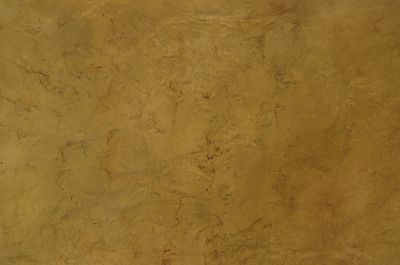
Various techniques such as sponging, rag rolling, and glazing create diverse textured effects.
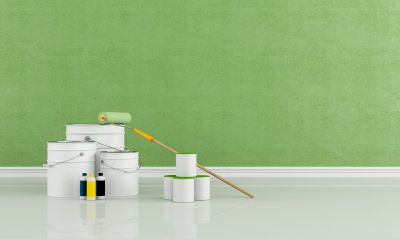
Brushes, sponges, and specialty rollers are essential for achieving detailed textures.
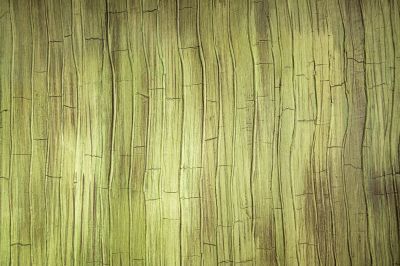
Examples include marble-like walls, aged wood effects, and stone finishes.
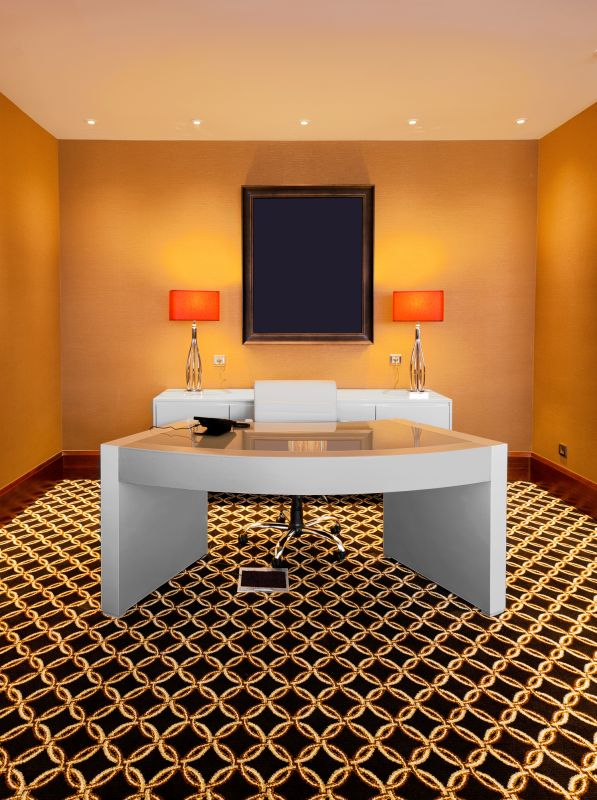
Ways to make Faux Finish Paintings work in tight or awkward layouts.
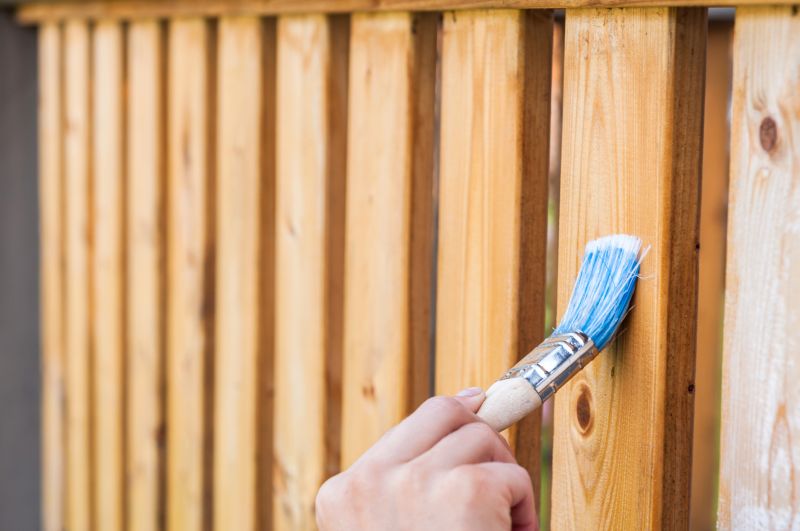
Popular materials for Faux Finish Paintings and why they hold up over time.
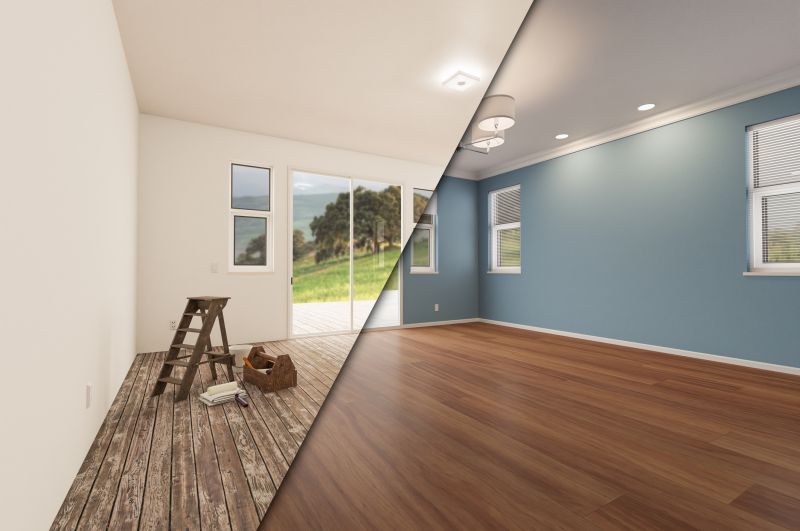
Simple add-ons that improve Faux Finish Paintings without blowing the budget.
Faux finish paintings have gained popularity for their ability to transform spaces with artistic textures and realistic effects. They are versatile, suitable for both residential and commercial applications, and can replicate high-end materials at a lower cost. Proper timing and environmental conditions are critical for achieving durable and visually appealing results, especially for complex techniques that require multiple layers and drying periods.
| Aspect | Details |
|---|---|
| Best Seasons | Spring and fall offer ideal weather conditions for outdoor faux finishes. |
| Temperature Range | Optimal temperatures are between 50°F and 85°F (10°C to 29°C). |
| Humidity Levels | Ideal humidity is below 70% for proper drying. |
| Project Duration | Allow 24-48 hours between coats depending on conditions. |
| Indoor Projects | Can be scheduled year-round with climate control. |
| Surface Readiness | Ensure surfaces are clean, dry, and free of moisture before painting. |
| Weather Monitoring | Check forecast to avoid rain, high humidity, or extreme temperatures. |
| Drying Time | Varies based on technique; typically 2-4 hours per layer. |
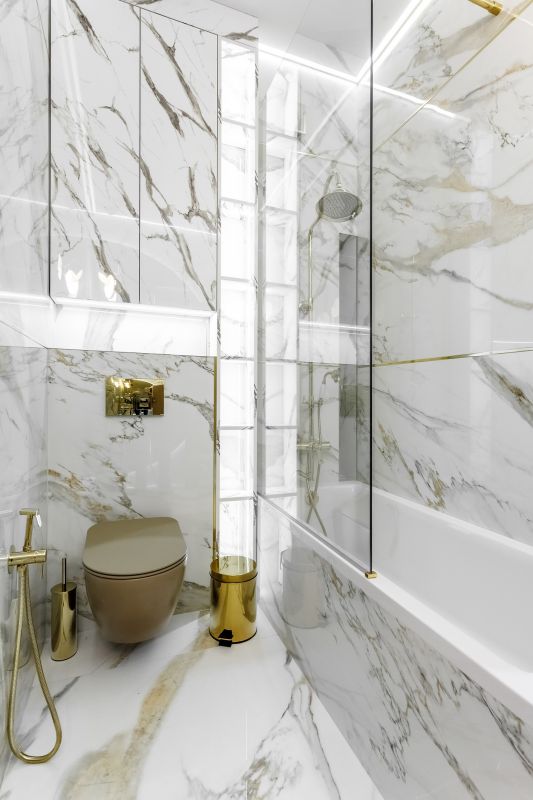
A sophisticated marble effect enhances interior elegance.
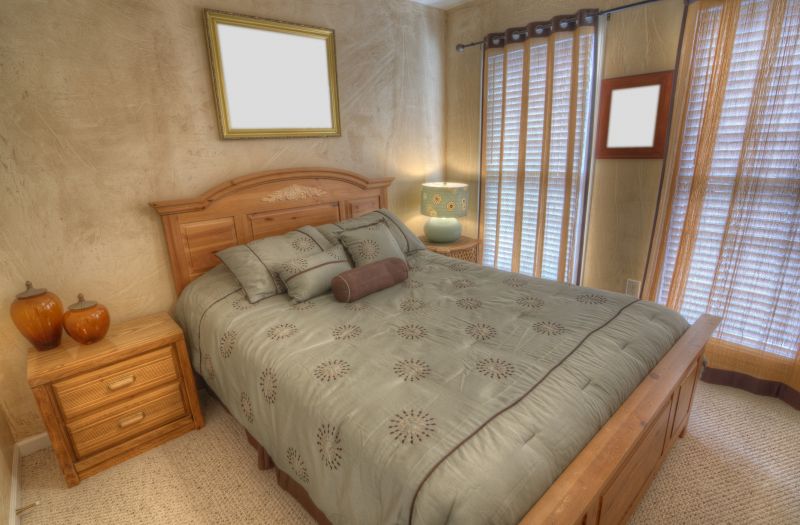
A rustic wood look adds warmth to living spaces.
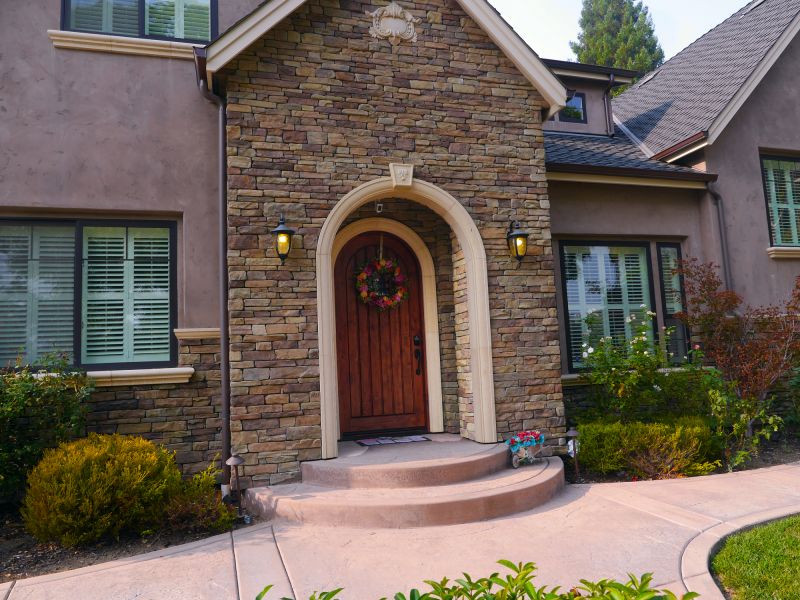
Durable faux stone creates a natural exterior appearance.
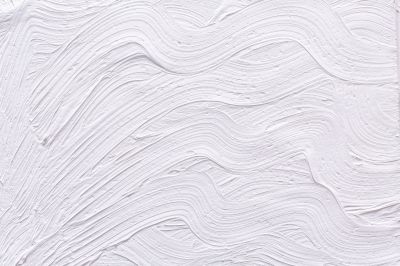
Using sponges and brushes for intricate textures.
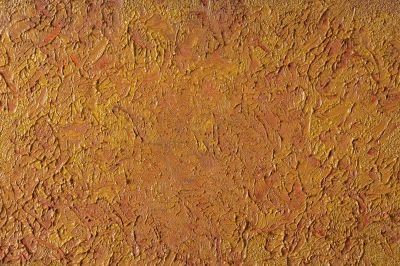
High-end options that actually feel worth it for Faux Finish Paintings.
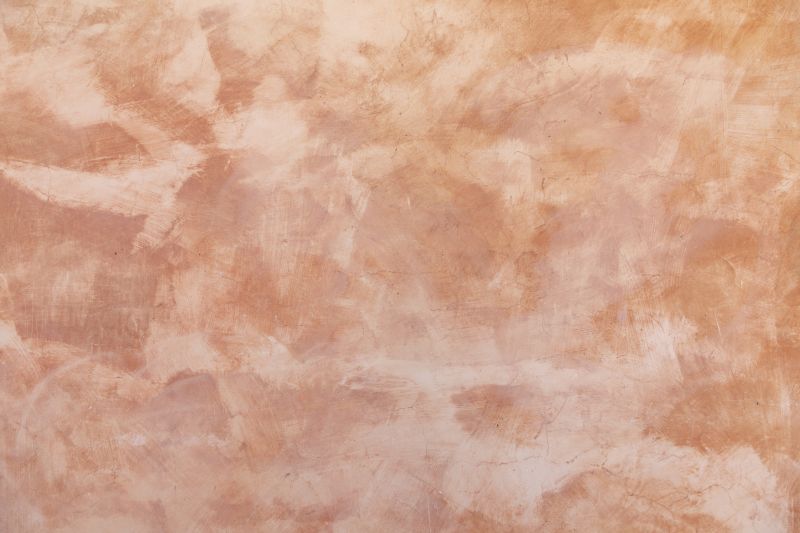
Finishes and colors that play nicely with Faux Finish Paintings.
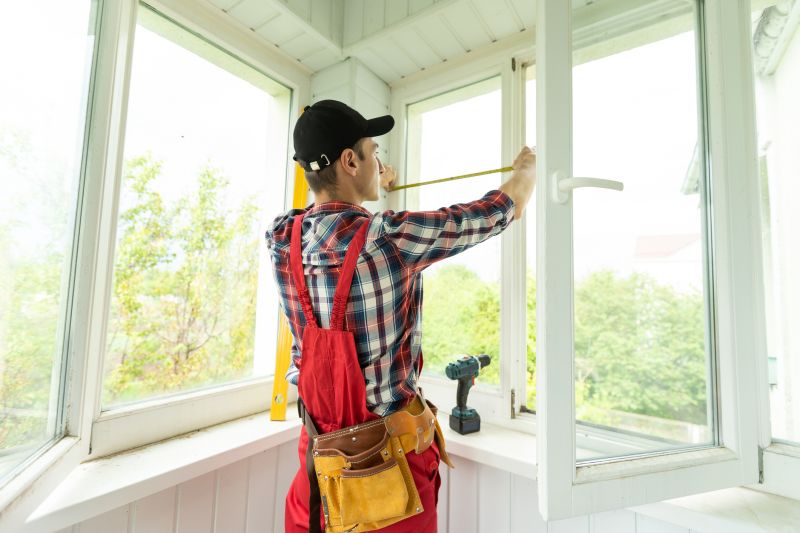
Little measurements that prevent headaches on Faux Finish Paintings day.
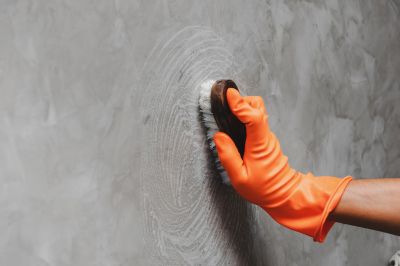
A 60-second routine that keeps Faux Finish Paintings looking new.
Choosing the right time for faux finish painting ensures the best possible outcome. Proper environmental conditions facilitate the curing process, prevent defects, and extend the lifespan of the decorative surface. Indoor projects offer flexibility, but outdoor applications demand careful planning around weather patterns to achieve professional results.
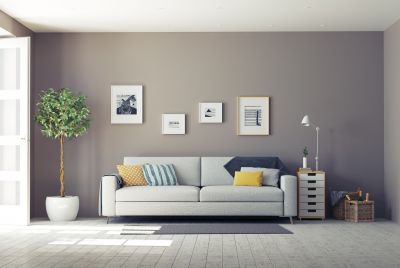
A faux marble finish adds sophistication to residential interiors.
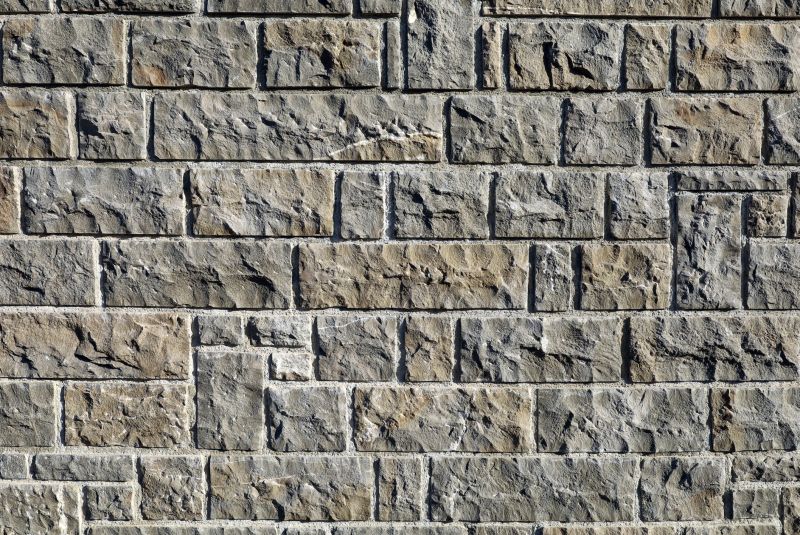
Weather-resistant finishes provide aesthetic appeal and durability.

Creates visual interest with layered techniques.
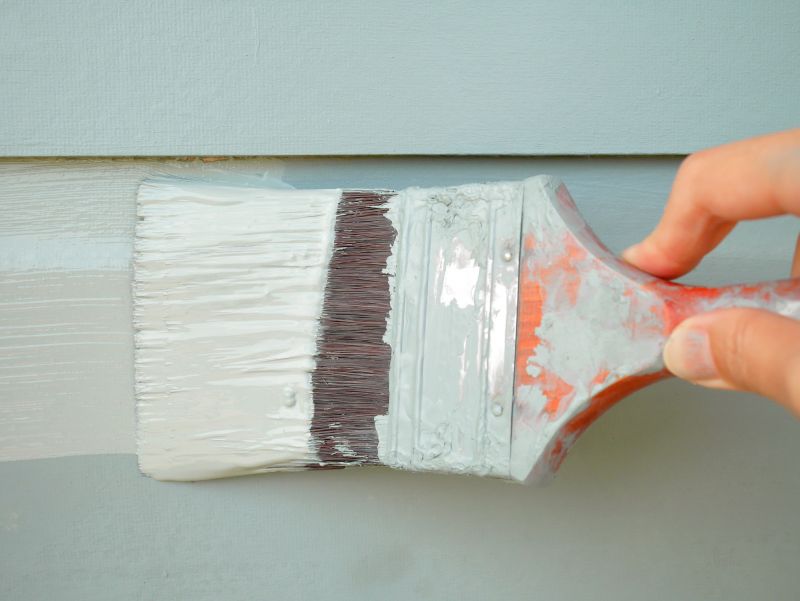
Shows intricate textures achieved through specialized tools.
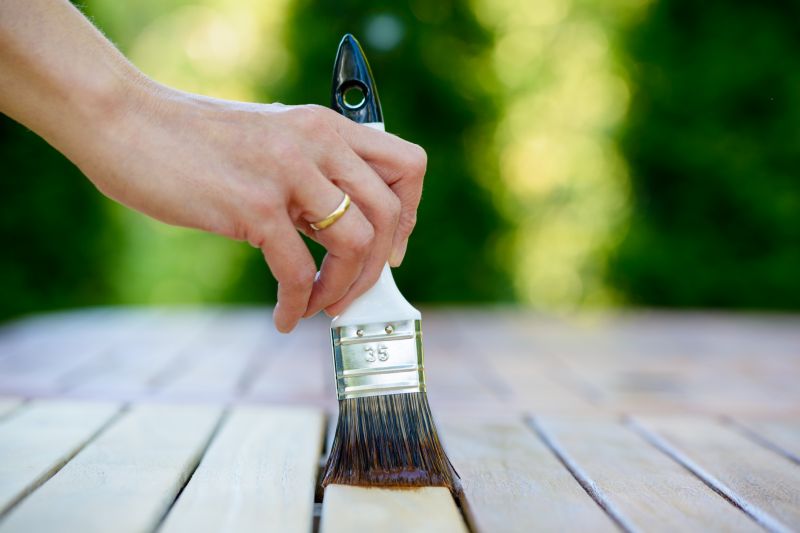
A frequent mistake in Faux Finish Paintings and how to dodge it.
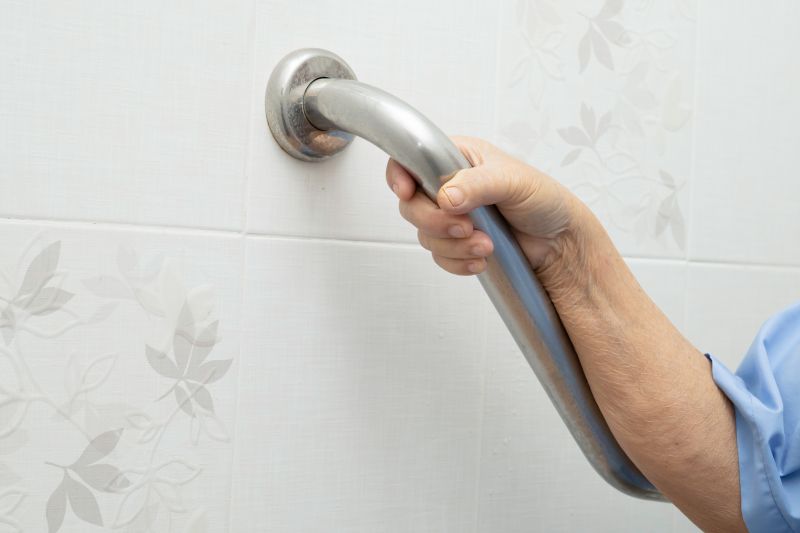
Small tweaks to make Faux Finish Paintings safer and easier to use.
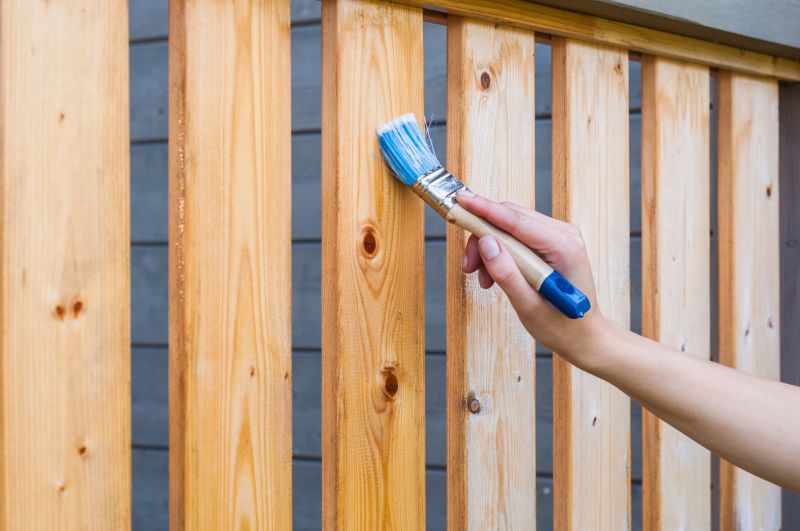
Lower-waste or water-saving choices for Faux Finish Paintings.
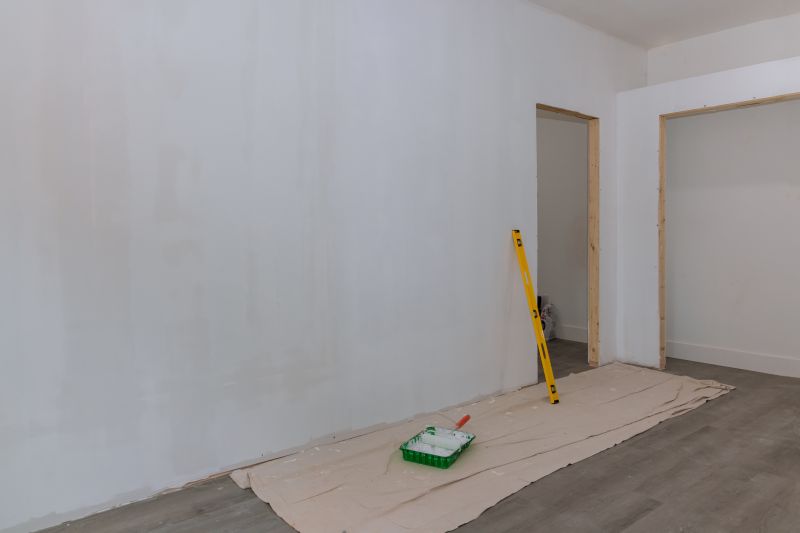
The short, realistic tool list for quality Faux Finish Paintings.
For those interested in enhancing their spaces with faux finish paintings, it is advisable to schedule projects during suitable weather conditions or in controlled indoor environments. Proper timing not only improves the appearance but also ensures the longevity of the decorative effects. Filling out the contact form can connect interested parties with professionals experienced in optimal timing and application techniques for faux finishes.



